| Rus | Eng |
Advanced Automotive Battery Conference Europe
June 24 – 28, 2013 - Palais des Congrès, Strasbourg, France
The fourth European AABC examined the expanding advanced battery market with a focus on the activities and needs of European automakers.
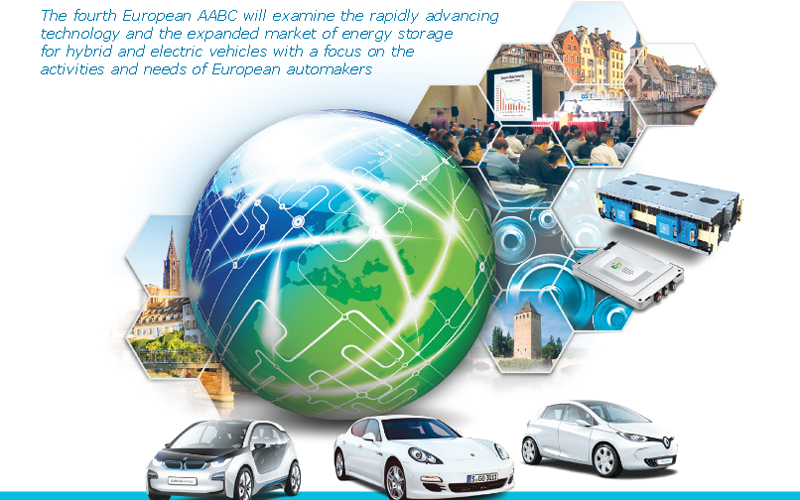
The 4th European Advanced Automotive Battery Conference was held at the Palais des Congrès,Strasbourg, France. Just a stone’s throw from the European Parliament and short tram ride from the town center, the Palais des Congrès offers a full range of busi - ness services along with state-of- the-art equipment.
Program Overview
|
Tutorials
Monday June 24, 2013 |
|
Gain new insights into key technological challenges by attending comprehensive tutorials:
Posters AABC 2013 AABC Europe 2013 featured the following poster presentations on topics:
|
|
AABTAM Symposium
Advanced Automotive Battery Technology, Application and Market Wednesday, June 26 to Friday June 28, 2013 |
| The AABTAM symposium reviewed the latest development projects and offerings of high-volume and specialty automakers, the corresponding battery technologies, and the commercialization trends and prospects of both. |
|
LLIBTA Symposium
Large Lithium Ion Battery Technology and Application Tuesday, June 25 to Wednesday, June 26, 2013 |
|
The LLIBTA symposium focused on large Li-Ion technology & application and industry leaders provided insights into materials, safety and reliability, and stationary applications for large Li-Ion batteries.
|
|
ECCAP Symposium
Large EC Capacitor Technology and Application Tuesday, June 25 to Wednesday, June 26, 2013 |
|
The ECCAP symposium explored the latest developments in the large electrochemical (EC) capacitor, including EC Capacitorapplications ranging from utility grid stabilization to emergency backup systems and to hybrid electric buses. Experts reviewed advances in materials and cell design, as well as pack engineering and performance in key applications.
|
Electrochemical Flow Capacitor: A New Concept for Grid Scale Energy Storage
Prof. Yury Gogotsi, Director, A.J. Drexel Nanotechnology Institute, Drexel University
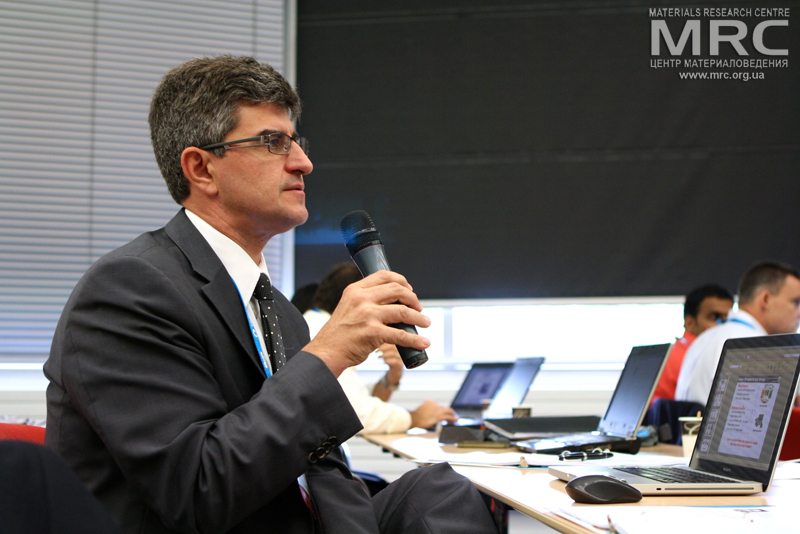 Prof. Yury Gogotsi is Distinguished UniversityProfessor and Trustee Chair of Materials Science and Engineering at Drexel University. He also serves as Director of the A.J. Drexel Nanotechnology Institute. His Ph.D. is in Physical Chemistry from Kiev Polytechnic and D.Sc. in Materials Engineering from Ukrainian Academy of Sciences.
Prof. Yury Gogotsi is Distinguished UniversityProfessor and Trustee Chair of Materials Science and Engineering at Drexel University. He also serves as Director of the A.J. Drexel Nanotechnology Institute. His Ph.D. is in Physical Chemistry from Kiev Polytechnic and D.Sc. in Materials Engineering from Ukrainian Academy of Sciences.
His research group works on nanostructured carbons and other nanomaterials. He has co-authored more than 300 journal papers and obtained more than 40 patents. He is a Fellow of AAAS, MRS, ECS and ACerS and a member of the World Academy of Ceramics.
Abstract
Grid-level energy storage has emerged as one of the key technological challenges impeding the full integration of renewable energy technologies and grid resiliency. Due to the inherent instabilities of the grid, 100s of billions of dollars are lost annually across the globe because of power outages. Thus, grid energy storage offers the opportunity to dampen these effects and strengthen electricity markets on a whole.
Gogotsi team at Drexel University has developed a new technology for grid energy storage called the electrochemical flow capacitor (EFC). The EFC concept benefits from the advantages of both supercapacitors and flow batteries in that it is capable of rapid charging/discharging, has a long cycle lifetime, and enables energy storage and power to be decoupled and optimized for the desired application. This presentation introduces the EFC concept, and highlights: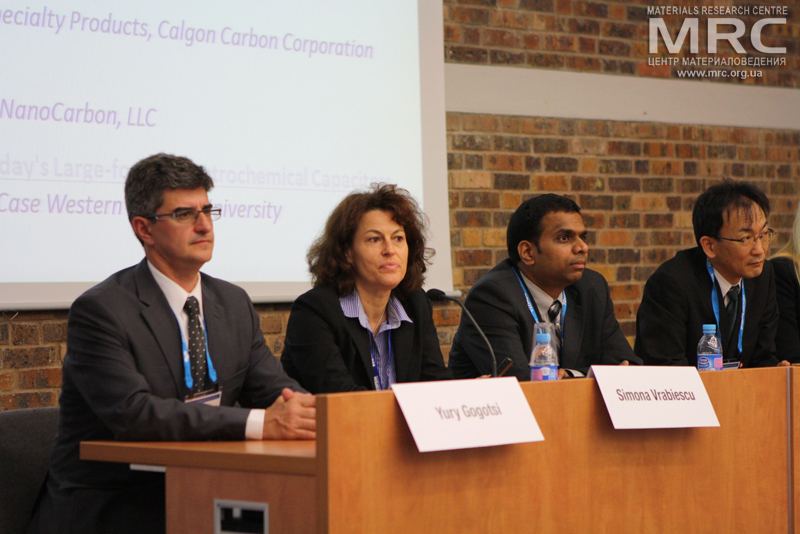
The key differences from alternative electrical energy storage systems
A flowable carbon-electrolyte electrode (slurry) for capacitive energy storage
Higher power compared to flow batteries
Scalable system achitecture
The fundamental working principles of the EFC
Electrostatic charge storage
Conductive particle-to-particle network
Rheological performance of capacitive slurry
The current EFC research activities
Movement toward increased energy density via redox-active additives to the flowable electrode (pseudocapacitance)
Flow studies examining conductivity changes with flow rate
Overall System Performance
That presentation concludes by describing team’s progress toward a mid-level demonstration prototype of the EFC and an overview of future directions for the EFC.
Source: www.advancedautobat.com
RELATED ITEMS:
AABC Europe. ECCAP Symposium Large EC Capacitor Technology and Application, June 6-10, 2011 Germany



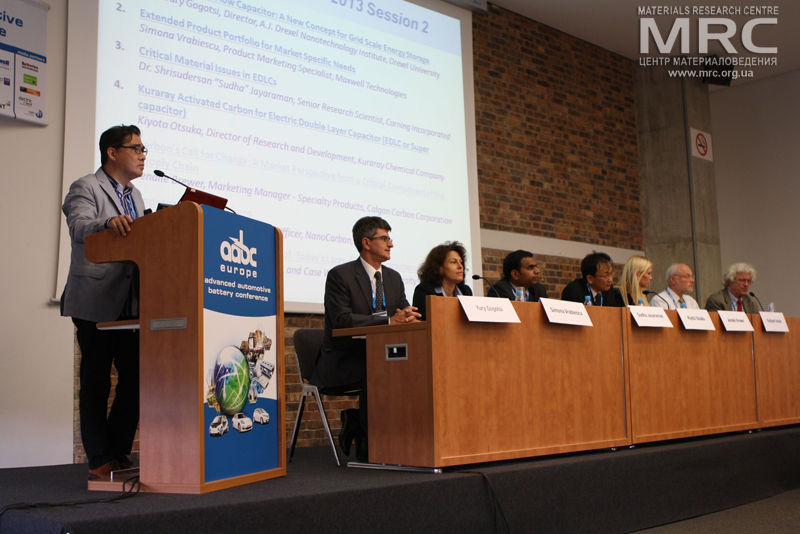

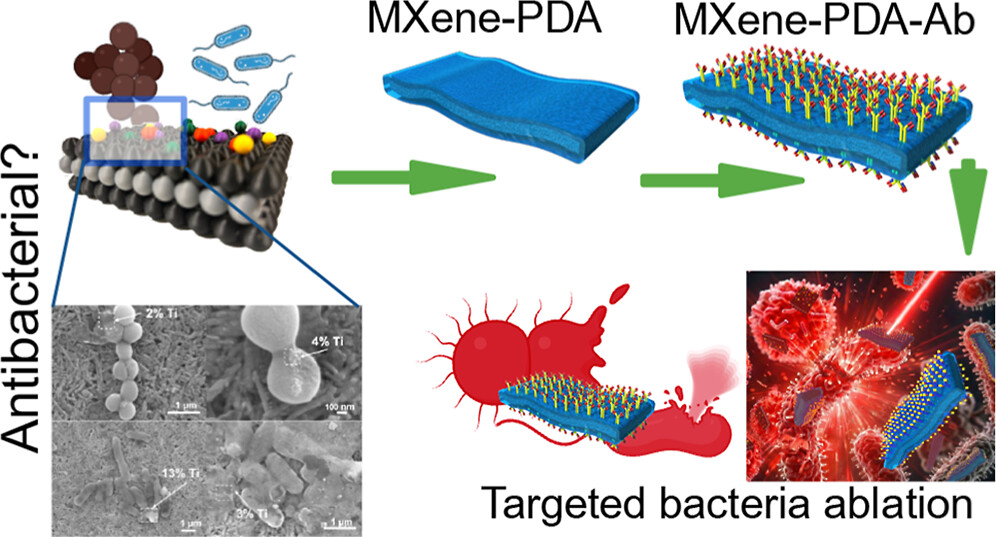 Do MXene nanosheets possess intrinsic antibacterial activity? A systematic study of high-quality Ti-, V-, and Nb-based MXenes reveals negligible inherent antimicrobial effects while highlighting their strong potential for targeted photothermal antibacterial therapy.
Do MXene nanosheets possess intrinsic antibacterial activity? A systematic study of high-quality Ti-, V-, and Nb-based MXenes reveals negligible inherent antimicrobial effects while highlighting their strong potential for targeted photothermal antibacterial therapy. Highlights
Highlights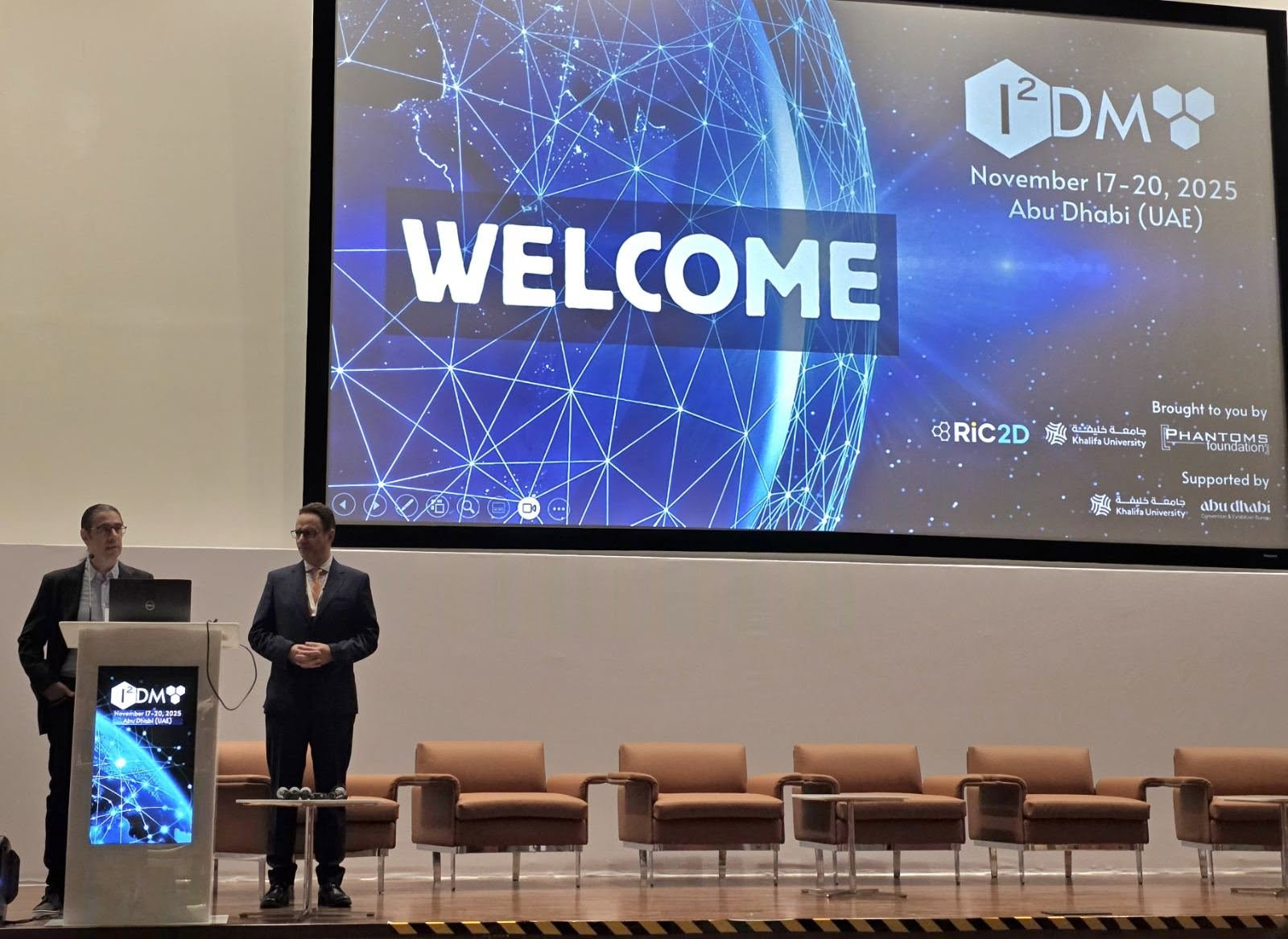 We are excited to share that our Carbon-Ukraine (Y-Carbon LLC) company participated in the I2DM Summit and Expo 2025 at Khalifa University in Abu-Dhabi! Huge thanks to Research & Innovation Center for Graphene and 2D Materials (RIC2D) for hosting such a high-level event.It was an incredible opportunity to meet brilliant researchers and innovators working on the next generation of 2D materials. The insights and energy from the summit will definitely drive new ideas in our own development.
We are excited to share that our Carbon-Ukraine (Y-Carbon LLC) company participated in the I2DM Summit and Expo 2025 at Khalifa University in Abu-Dhabi! Huge thanks to Research & Innovation Center for Graphene and 2D Materials (RIC2D) for hosting such a high-level event.It was an incredible opportunity to meet brilliant researchers and innovators working on the next generation of 2D materials. The insights and energy from the summit will definitely drive new ideas in our own development. Carbon-Ukraine team had the unique opportunity to visit XPANCEO - a Dubai-based deep tech startup company that is developing the first smart contact lenses with AR vision and health monitoring features, working on truly cutting-edge developments.
Carbon-Ukraine team had the unique opportunity to visit XPANCEO - a Dubai-based deep tech startup company that is developing the first smart contact lenses with AR vision and health monitoring features, working on truly cutting-edge developments. Our Carbon-Ukraine team (Y-Carbon LLC) are thrilled to start a new RIC2D project MX-Innovation in collaboration with Drexel University Yury Gogotsi and Khalifa University! Amazing lab tours to project collaborators from Khalifa University, great discussions, strong networking, and a wonderful platform for future collaboration.
Our Carbon-Ukraine team (Y-Carbon LLC) are thrilled to start a new RIC2D project MX-Innovation in collaboration with Drexel University Yury Gogotsi and Khalifa University! Amazing lab tours to project collaborators from Khalifa University, great discussions, strong networking, and a wonderful platform for future collaboration.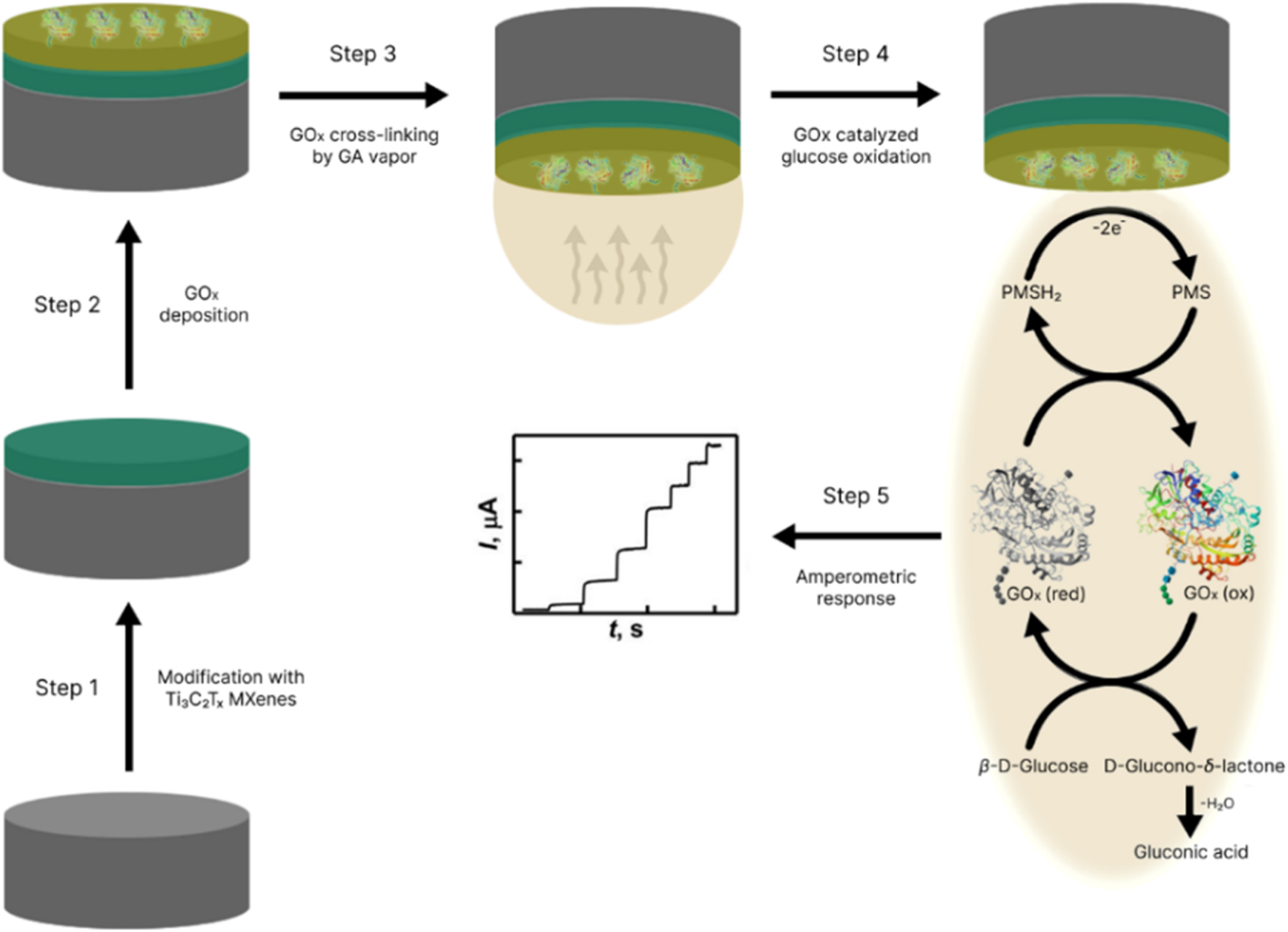
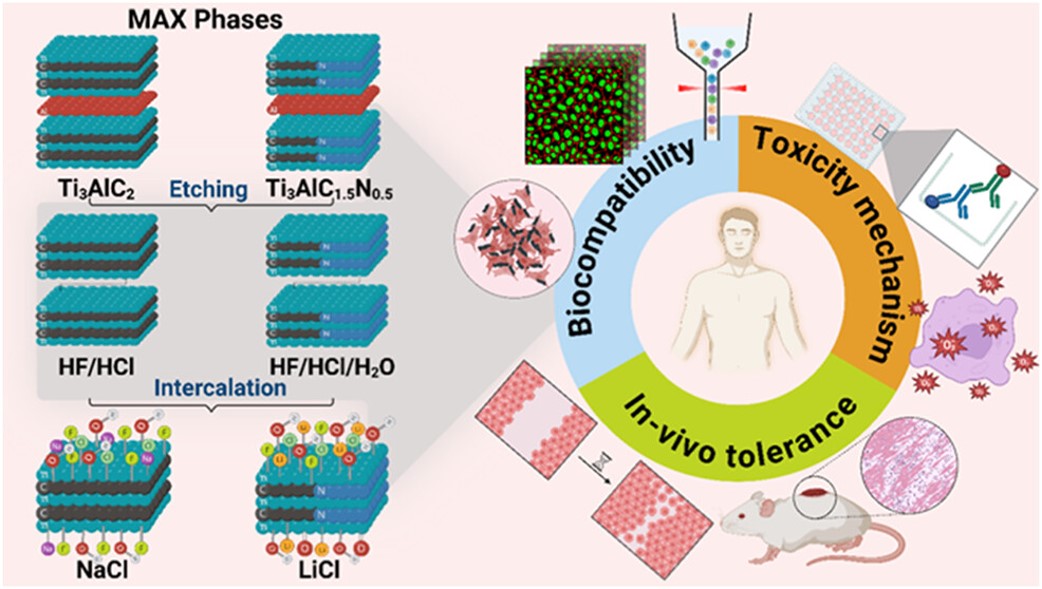 MXenes potential applications include sensors, wound healing materials, and drug delivery systems. A recent study explored how different synthesis methods affect the safety and performance of MXenes. By comparing etching conditions and intercalation strategies, researchers discovered that fine-tuning the surface chemistry of MXenes plays a crucial role in improving biocompatibility. These results provide practical guidelines for developing safer MXenes and bring the field one step closer to real biomedical applications.
MXenes potential applications include sensors, wound healing materials, and drug delivery systems. A recent study explored how different synthesis methods affect the safety and performance of MXenes. By comparing etching conditions and intercalation strategies, researchers discovered that fine-tuning the surface chemistry of MXenes plays a crucial role in improving biocompatibility. These results provide practical guidelines for developing safer MXenes and bring the field one step closer to real biomedical applications. An excellent review highlighting how MXene-based sensors can help tackle one of today’s pressing environmental challenges — heavy metal contamination. Excited to see such impactful work moving the field of environmental monitoring and sensor technology forward!
An excellent review highlighting how MXene-based sensors can help tackle one of today’s pressing environmental challenges — heavy metal contamination. Excited to see such impactful work moving the field of environmental monitoring and sensor technology forward!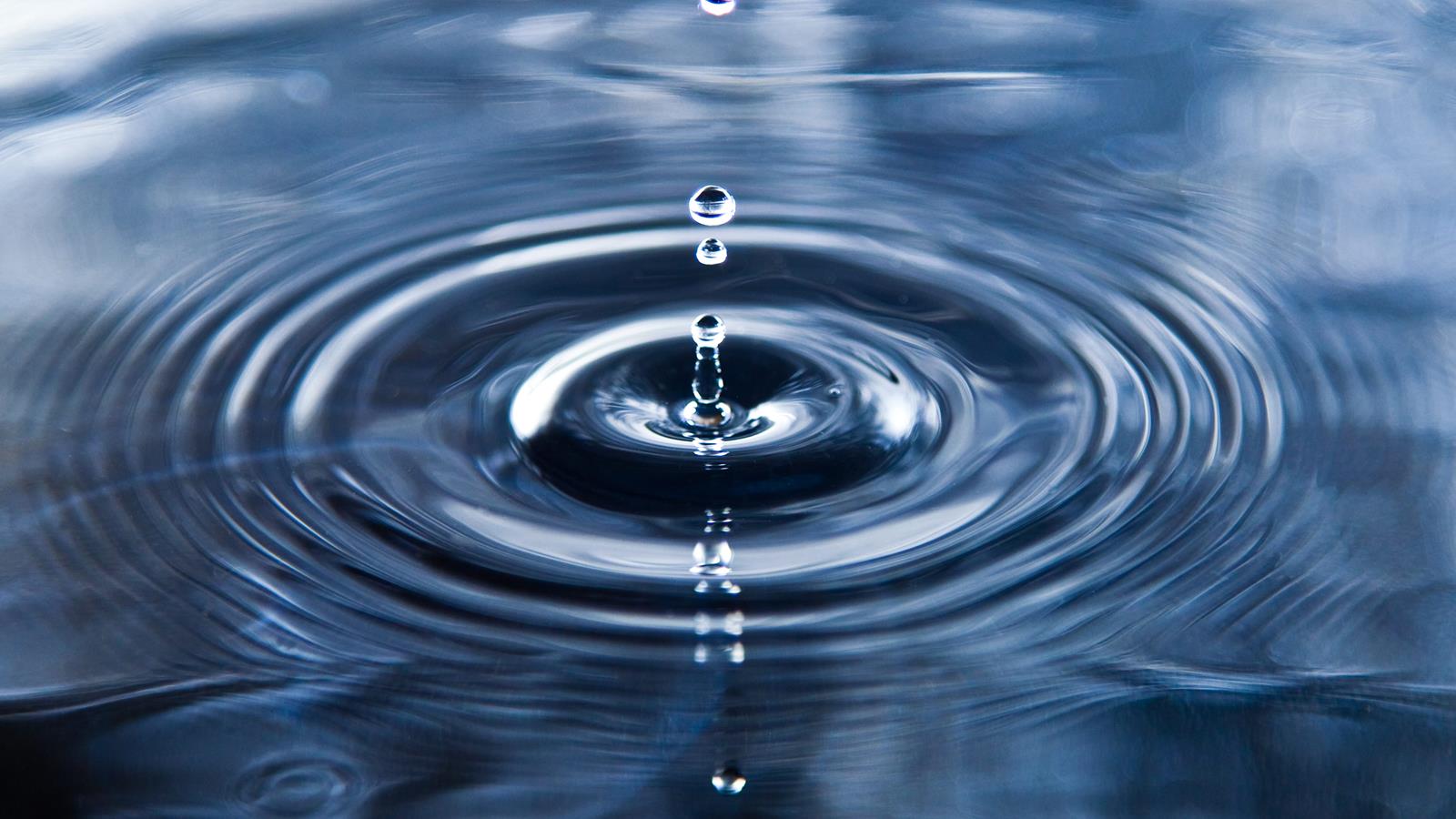
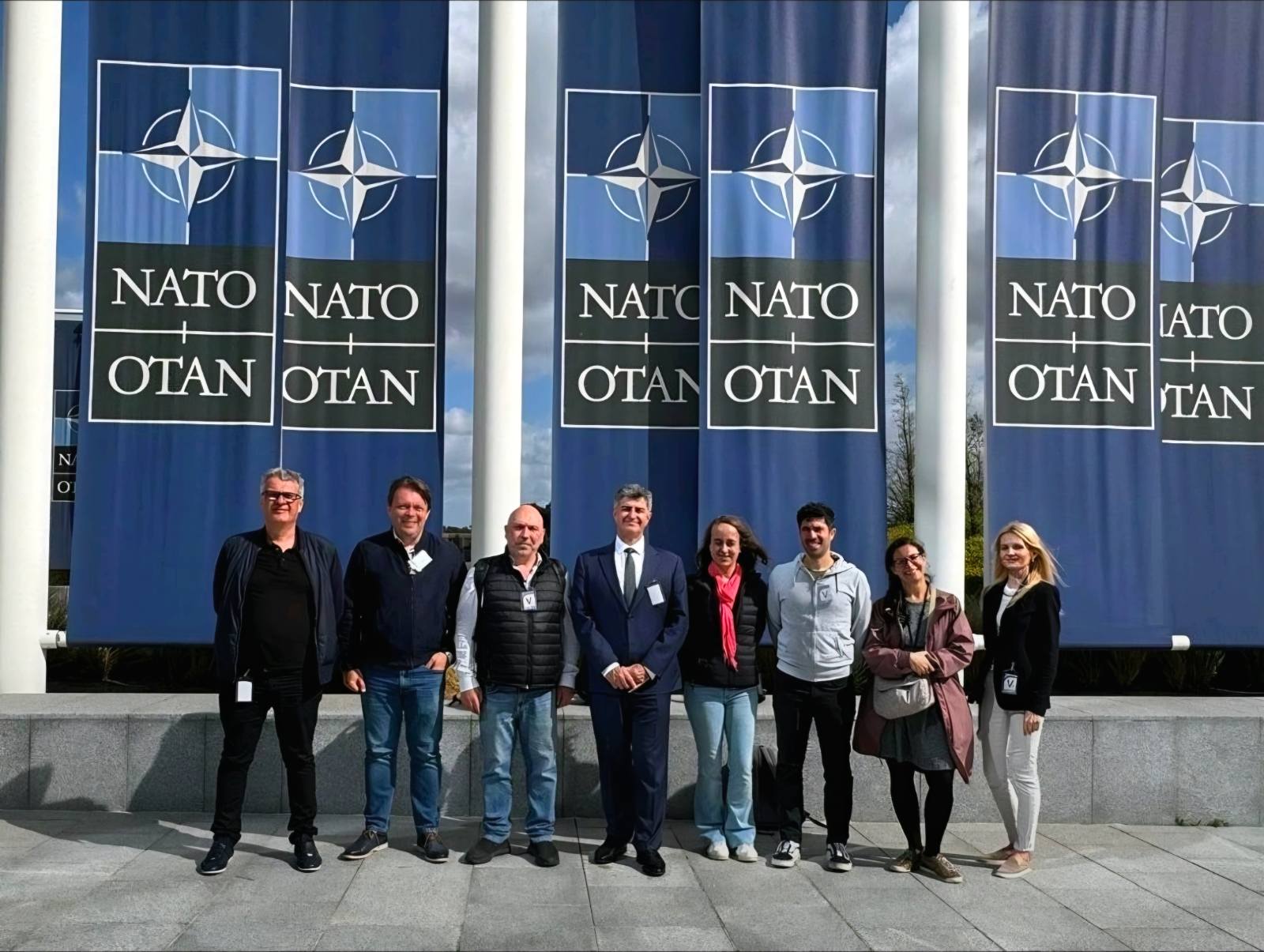 Carbon-Ukraine team was truly delighted to take part in the kickoff meeting of the ATHENA Project (Advanced Digital Engineering Methods to Design MXene-based Nanocomposites for Electro-Magnetic Interference Shielding in Space), supported by NATO through the Science for Peace and Security Programme.
Carbon-Ukraine team was truly delighted to take part in the kickoff meeting of the ATHENA Project (Advanced Digital Engineering Methods to Design MXene-based Nanocomposites for Electro-Magnetic Interference Shielding in Space), supported by NATO through the Science for Peace and Security Programme.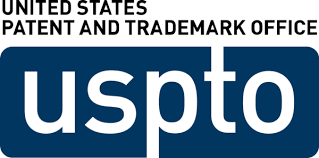 Exellent news, our joint patent application with Drexel University on highly porous MAX phase precursor for MXene synthesis published. Congratulations and thanks to all team involved!
Exellent news, our joint patent application with Drexel University on highly porous MAX phase precursor for MXene synthesis published. Congratulations and thanks to all team involved!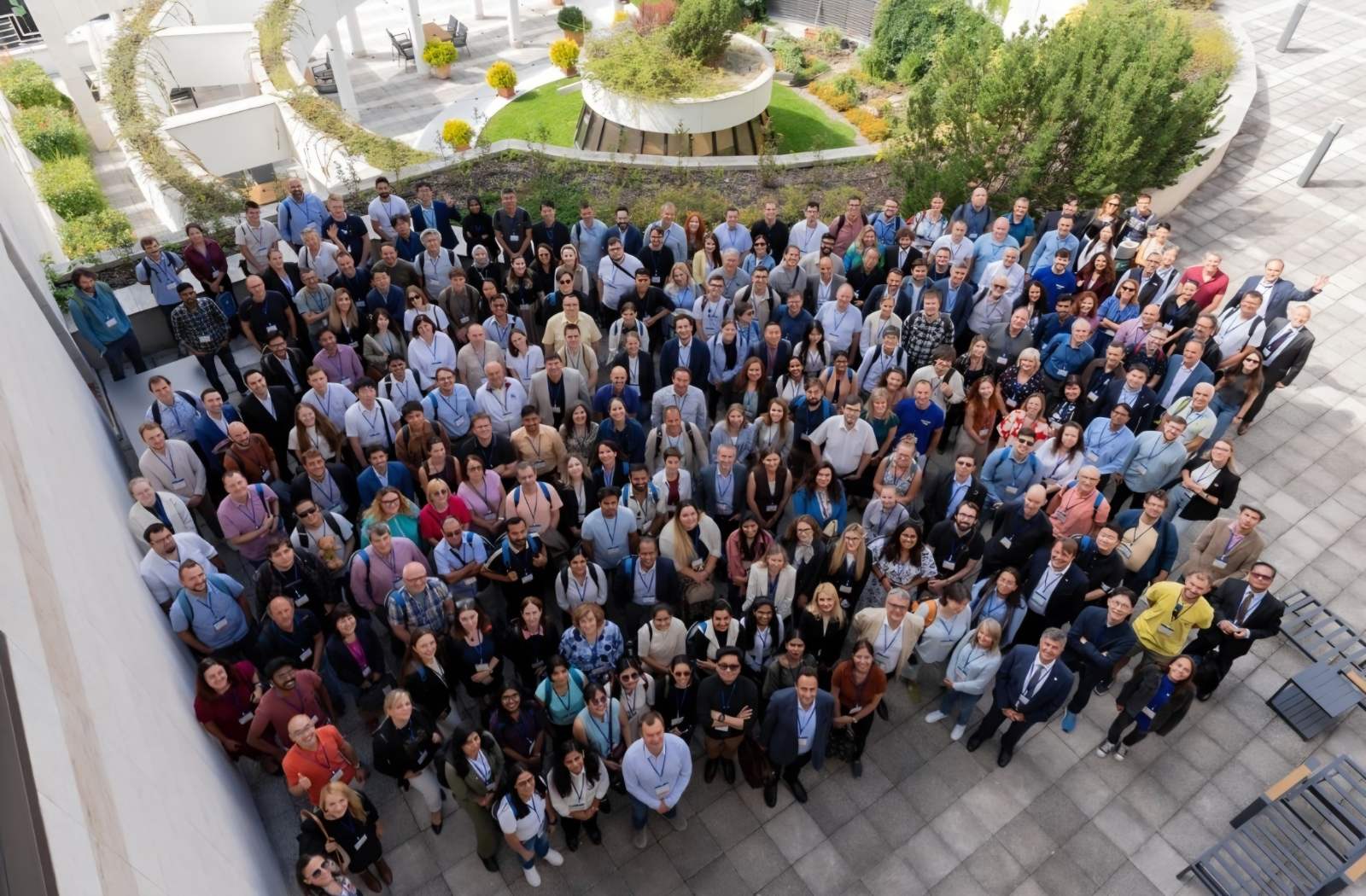 Our team was very delighted to take part in International Symposium "The MXene Frontier: Transformative Nanomaterials Shaping the Future" – the largest MXene event in Europe this year!
Our team was very delighted to take part in International Symposium "The MXene Frontier: Transformative Nanomaterials Shaping the Future" – the largest MXene event in Europe this year!  Last Call! Have you submitted your abstract for IEEE NAP-2025 yet? Join us at the International Symposium on "The MXene Frontier: Transformative Nanomaterials Shaping the Future" – the largest MXene-focused conference in Europe this year! Final Submission Deadline: May 15, 2025. Don’t miss this exclusive opportunity to showcase your research and engage with world leaders in the MXene field!
Last Call! Have you submitted your abstract for IEEE NAP-2025 yet? Join us at the International Symposium on "The MXene Frontier: Transformative Nanomaterials Shaping the Future" – the largest MXene-focused conference in Europe this year! Final Submission Deadline: May 15, 2025. Don’t miss this exclusive opportunity to showcase your research and engage with world leaders in the MXene field!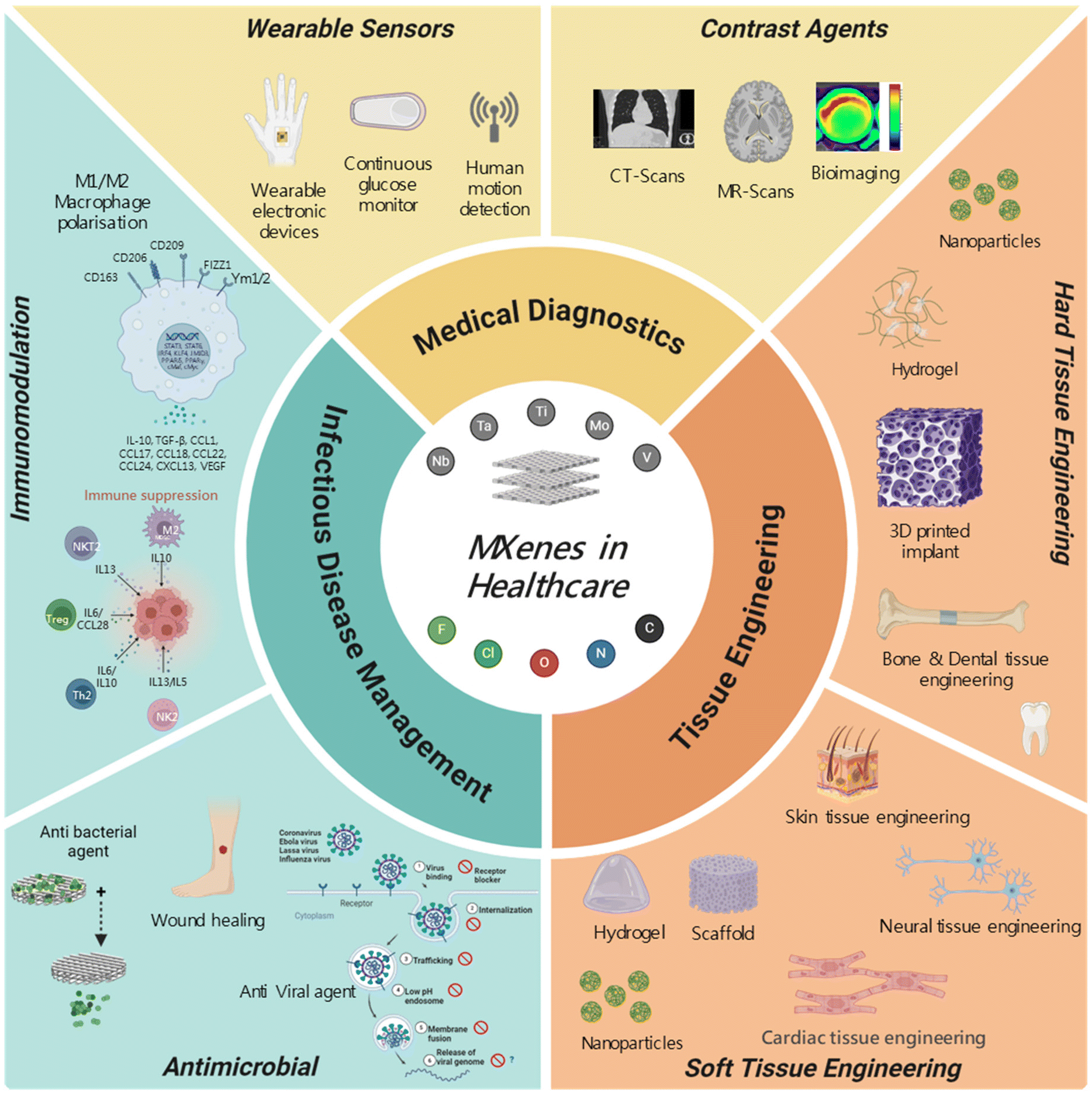 We are excited to announce the publication of latest review article on MXenes in Healthcare. This comprehensive review explores the groundbreaking role of MXenes—an emerging class of 2D materials—in revolutionizing the fields of medical diagnostics and therapeutics. Read the full article here: https://doi.org/10.1039/D4NR04853A.
We are excited to announce the publication of latest review article on MXenes in Healthcare. This comprehensive review explores the groundbreaking role of MXenes—an emerging class of 2D materials—in revolutionizing the fields of medical diagnostics and therapeutics. Read the full article here: https://doi.org/10.1039/D4NR04853A.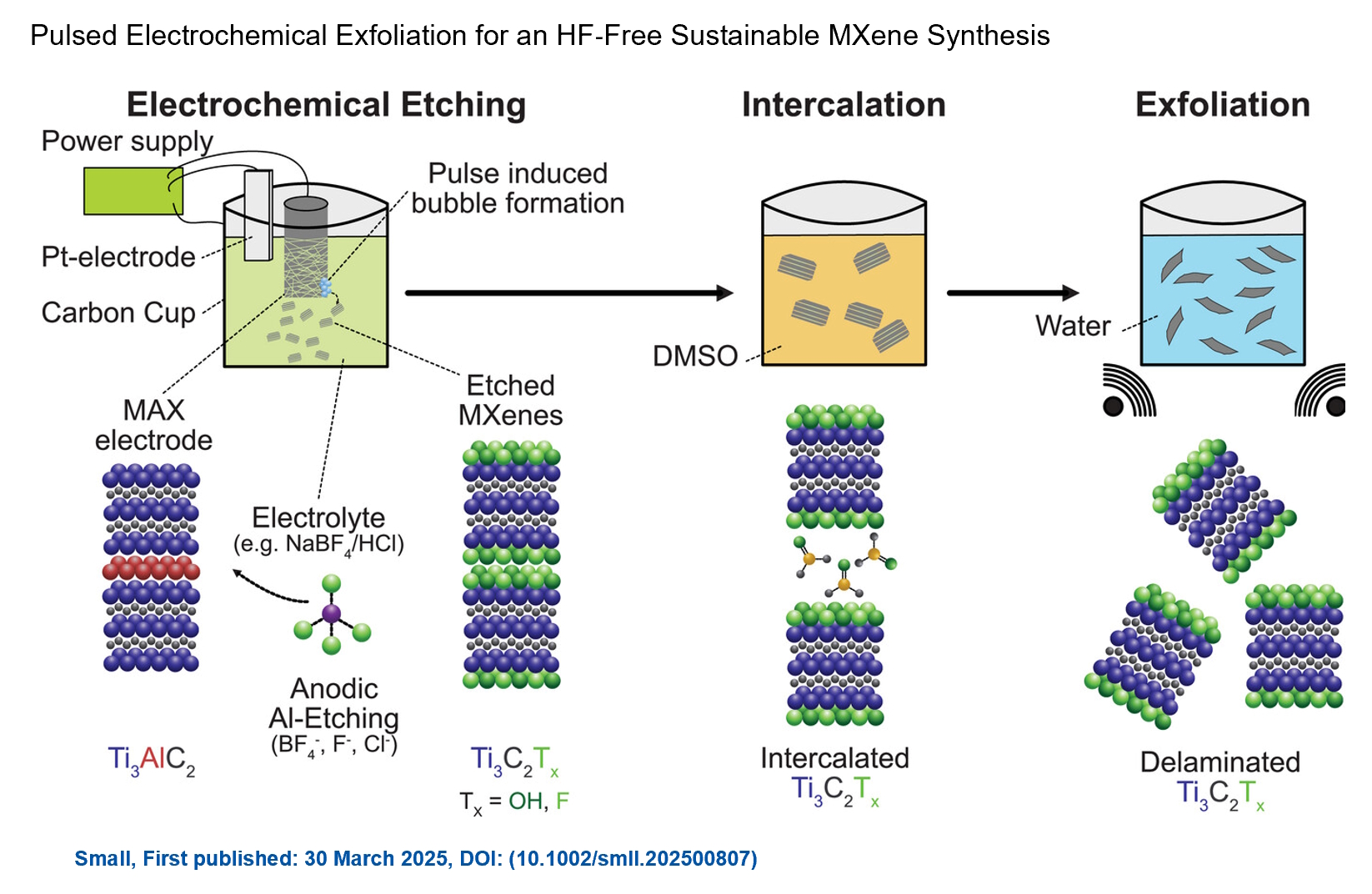 Congratulations and thank you to our collaborators from TU Wien and CEST for very interesting work and making it published! In this work, an upscalable electrochemical MXene synthesis is presented. Yields of up to 60% electrochemical MXene (EC-MXene) with no byproducts from a single exfoliation cycle are achieved.
Congratulations and thank you to our collaborators from TU Wien and CEST for very interesting work and making it published! In this work, an upscalable electrochemical MXene synthesis is presented. Yields of up to 60% electrochemical MXene (EC-MXene) with no byproducts from a single exfoliation cycle are achieved.